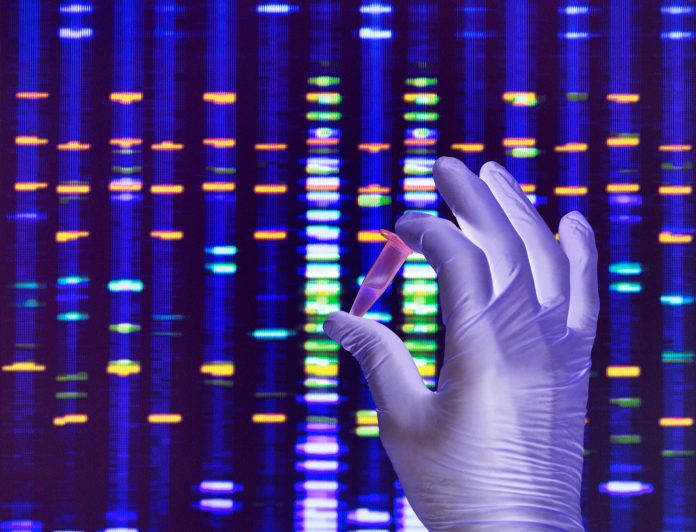
Looking for an alternative to the problematic adeno-associated virus (AAV) as a delivery vehicle for gene therapies, Sarepta Therapeutics has signed a $57 million deal with GenEdit, which has developed a polymer nanoparticle platform for tissue-selective delivery called NanoGalaxy. The companies will collaborate to use NanoGalaxy and Sarepta’s gene editing technology to develop neuromuscular disease therapeutics.
This comes in the wake of Sarepta ending it’s agreement with Lysogene involving LYS-SAF302, that company’s AAV-delivered gene therapy for mucopolysaccharidosis type IIIA (MPS IIIA). One child had died in an early trial of the drug. This is only one of several deaths reported in AAV trials. While there are almost 150 AAV trials underway, companies like Sarepta are looking for alternatives.
As part of the agreement, Sarepta obtains exclusive option rights to license polymer nanoparticles developed by GenEdit in the collaboration for up to four neuromuscular indications selected by Sarepta. Sarepta is currently active in Duchenne muscular dystrophy, limb-girdle muscular dystrophy, and Charcot-Marie-Tooth disease.
The two companies have already been working together and have demonstrated they can achieve delivery to specific muscle tissue after systemic administration of GenEdit’s polymer nanoparticles. Their research collaboration and option agreement started in December 2020.
In addition to research payments, under the terms of the collaboration and option agreement, GenEdit may receive up to $57 million in near-term payments and is also eligible for significant future development, regulatory and commercial milestones and tiered royalties ranging from upper-single to low-double digits on future product sales. Additional financial details were not disclosed.
“We’ve been impressed with the diversity of GenEdit’s NanoGalaxy platform and its screening and selection process, which has generated a number of distinct polymers that deliver to muscle,” said Doug Ingram, president and chief executive officer, Sarepta Therapeutics.
The GenEdit platform comprises a combinatorial library of hydrophilic polymers designed to create nanoparticles with diverse attributes. Polymer backbones with diverse side chains are combined with small molecules to create “hundreds of thousands of structurally distinct polymers,” according to the company website. “Nanoparticles created from these polymers can be further diversified by size and other properties.”
To screen these polymers GenEdit uses in vitro primary cell screening, in vivo assays to measure functional delivery of payloads, and computational methods to identify key characteristics that will affects delivery selectivity.
Sarepta is pursuing a variety of approaches to genetic medicine, including gene editing, as a potentially curative treatment for rare neuromuscular diseases. GenEdit says it has demonstrated in preclinical studies that its NanoGalaxy platform can selectively deliver to different tissues a variety of functional genetic medicine cargos, including CRISPR-Cas9 ribonucleoprotein, for targeted in vivo gene editing.
“GenEdit has demonstrated in this collaboration and in our own studies that the NanoGalaxy platform can overcome historic challenges in the field and achieve tissue-selective delivery of a broad range of genetic medicine cargos,” said Kunwoo Lee, co-founder and chief executive officer of GenEdit.
He added that, “GenEdit is excited to continue to advance our collaboration with Sarepta and work together to identify and develop gene editing therapeutic candidates for neuromuscular diseases with the goal of having a tremendous impact on patients.”
“Sarepta is committed to the development of therapies for rare neuromuscular diseases, and we look forward to continuing to work with the team at GenEdit to advance effective gene editing-based treatments for these patients,” said Ingram.













